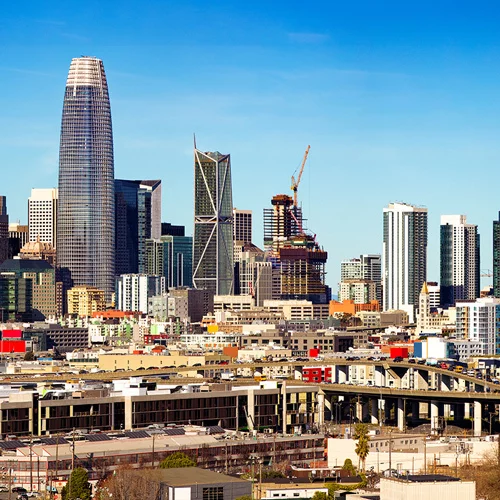
In light of recent Executive Orders issued by President Trump concerning tariffs, countries around the world—including the United States—have been forced to reassess existing trade and contractual frameworks. The construction industry in particular faces heightened uncertainty due to the risk of disruption of project timelines and budgets.
In an article for Nossaman’s California Water Views – 2025 Outlook, we examine how construction contracts should proactively address tariff-related risks, especially through the careful drafting of force majeure provisions and cost escalation clauses. By clearly defining the treatment of tariffs in contracts and Requests for Proposal, all stakeholders—from owners to contractors—can better allocate risk, minimize disputes and ensure smoother project execution in an unpredictable economic climate.
- Partner
Jill Jaffe leads Nossaman’s Construction Claims team. Jill focuses on disputes involving construction claims, public procurements and infrastructure projects. She is experienced in all phases of litigation in both federal ...
- Associate
Natalie Cuadros represents commercial and public agency clients in federal and state court in disputes involving breach of contract, public procurements and infrastructure projects. Her practice encompasses all phases of ...
Nossaman’s 30-plus infrastructure attorneys offer clients, colleagues, strategic partners and industry media a wealth of practical experience, insider insight and thoughtful analysis here on Infra Insight. We blog about what we know best, from industry-leading procurements to local and national policy developments that affect the market and our clients.
Stay Connected
 RSS Feed
RSS Feed
Categories
- Airports
- Alternative Project Delivery
- Bridges
- California Environmental Quality Act
- Cybersecurity
- Design-Build
- Financing
- High-Speed Rail
- Job Opening
- Legislation
- News
- P3s
- Policy
- Ports
- Rail and Transit
- Social Infrastructure
- Tollroads/ Turnpikes/ Managed Lanes
- Transportation Infrastructure
- Tunnels
- Water


